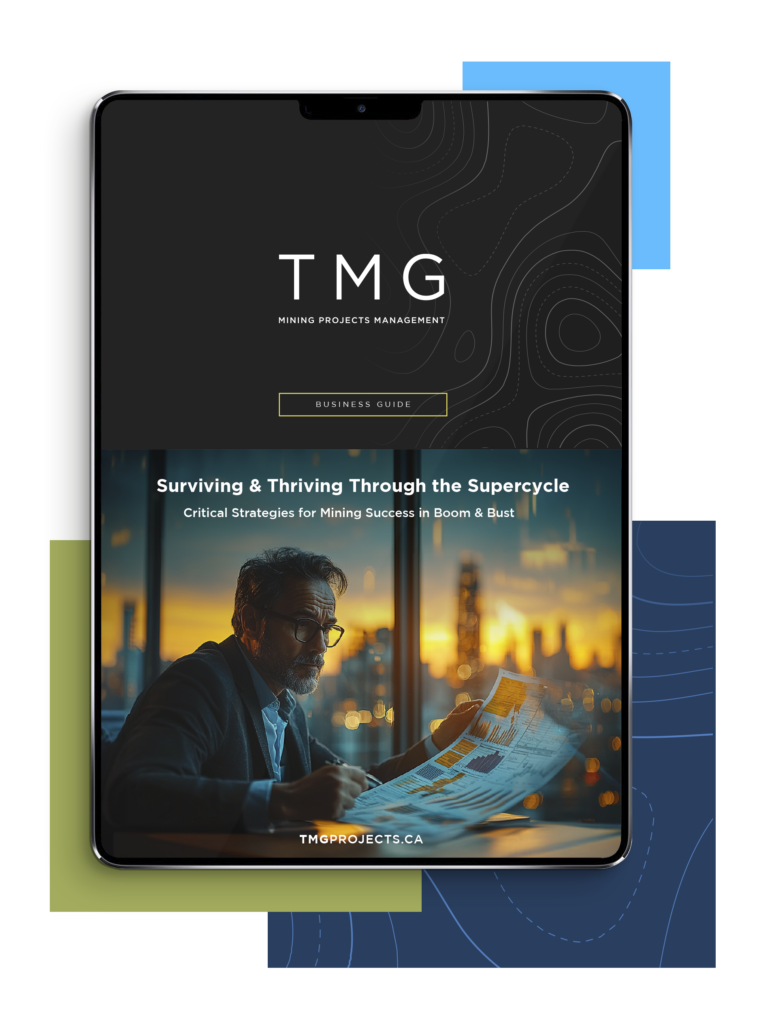Call Us Today: +1 866 205 2414
By Susan Murphy
In the mining industry, securing financing is critical in bringing a project from concept to reality. However, the path to total funding is often fraught with challenges, and in many cases, companies find themselves trapped in a cycle of multiple financing rounds. This phenomenon, known as “Death by a Thousand Cuts Financing,” can gradually erode the economic viability of a mining project. The cumulative costs associated with these repeated rounds can severely undermine the project’s profitability and long-term success.
Securing capital for a mining project is never straightforward. Companies are often forced to go through several financing rounds, each with its associated costs. These include legal fees, underwriting expenses, interest payments, and equity dilution. While each round might seem manageable, the cumulative effect of these costs can be devastating. According to a report by PwC, mining projects that undergo three or more rounds of financing see their project costs increase by an average of 15-20% over the original budget.
The problem with multiple financing rounds is that they not only increase the overall cost of capital but also dilute existing shareholders’ equity. This dilution can lead to reduced control over the project and diminished returns for early investors. Additionally, each new financing round often comes with stricter terms and higher interest rates, further squeezing the project’s economics.
The financial burden imposed by multiple financing rounds can severely impact a mining project’s economics. As the cost of capital rises, the project’s break-even point increases, making it more challenging to achieve profitability. This is particularly concerning in an industry where margins are already thin and projects are susceptible to fluctuations in commodity prices. A Mining Association of Canada study found that projects with multiple financing rounds are 30% more likely to experience significant cost overruns and delays.
The erosion of project economics is not just a theoretical concern- it has real-world consequences. For example, a mining project initially projected to deliver a 20% return on investment could see this figure drop to 10% or lower due to the cumulative costs of repeated financing. This reduction in profitability can have a ripple effect, making it harder to attract future investment and potentially jeopardizing the project’s long-term viability.
As a project’s economics deteriorate, the challenges multiply. Companies may find themselves forced to cut corners or delay critical investments to stay within budget, further compromising the project’s success. Additionally, the ongoing need for capital can strain relationships with investors, leading to increased scrutiny and pressure to deliver results quickly. This pressure can lead to rushed decision-making, increasing the risk of operational failures and safety incidents.
Moreover, the negative impact on profitability can have long-term implications for the company’s reputation and financial health. Projects that consistently fail to meet their economic targets are less likely to secure future funding, limiting the company’s ability to grow and expand. In an industry where reputation is everything, the consequences of “Death by a Thousand Cuts Financing” can be devastating.
The financial strain imposed by these rounds can lead to cost overruns, delays, and, ultimately, a significant reduction in profitability. In a sector where success is measured in narrow margins, the impact of repeated financing can be the difference between a thriving project and a failed one.

TMG specializes in executive and operational consulting for the mining and oil and gas sectors. It offers tailored oversight and strategic guidance across all project stages to ensure optimal outcomes from conception to execution.
TMG committed to diversity and inclusion, based on the undisputed fact, that a fully inclusive environment, fosters a unique perspectives that can solve challenging problems and creates value, within the company, for our clients, the communities of which we work, and the world at large.
TMG’s corporate vision and values, are to honour the rights and cultures of all people and respectfully approach all business, with fair dealings and establishing and maintain a mutually respectful relationship.
TMG acknowledges that our offices are located on traditional lands of divers First Nations and Indigenous peoples. Guided by the Constitution of both Canada & the USA, the United Nations Declaration on the Rights of Indigenous Peoples (UNDRIP) and the recommendations of all Truth and Reconciliation Commission as a framework, we are committed to taking ongoing positive and concrete steps towards reconciliation.